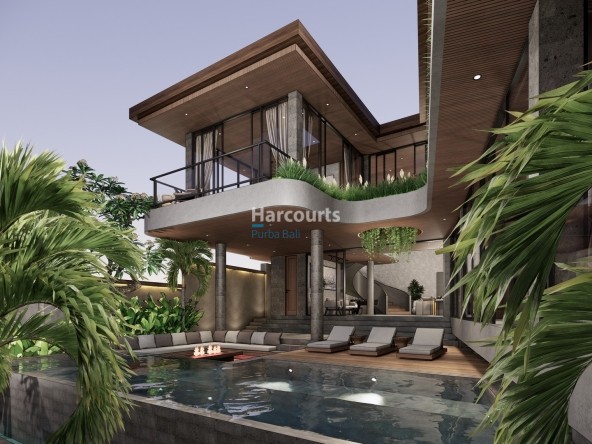Published: September 29, 2022
The Governor of Bali, Wayan Koster, has announced plans to make roads around popular tourist attractions and destinations electric vehicle zones. The announcement comes as the governor and his provincial government are keen to take tangible strides towards ensuring Bali transitions towards using green energy as widely as possible.
At the Indonesian Electric Motor Show in Jakarta on Thursday, 29th September, Governor Koster said that the electric vehicle zones would be established in 2023. The plan is built upon initiatives launched for the G20 Summit that will be held in November this year. While the move is great on paper, locals, tourism operators, and international residents have reservations about the idea.
Governor Koster told the motor show audience that ‘Battery-based electric vehicles, either electric motorcycles or cars, will be prioritized at tourist destinations from 2023’. He confirmed that Bali’s most busy tourist destinations would be made into electric vehicle zones, including parts of Nusa Dua, Sanur, Denpasar, Ubud, and Nusa Penida. He suggested that tourism attractions outside Ubud but within Giyanar regency would also be included in the new zoning plans.
Governor Koster confidently announced that the electric vehicle-only zones would boost Bali’s public image amongst international visitors in particular. He confirmed that the plans have been inspired by the programs in place to use electric vehicles for world leaders and their delegations at the G20 Summit that will be held in Nusa Dua on 15th-16th November.
A fleet of Hyundai Genesis electric vehicles manufactured in Indonesia has already been delivered to Bali, as well as electric buses for use by international delegations. Though it’s not confirmed that the provincial government will be able to keep the cars after the summit, Koster told the audience, ‘We have submitted our request to ensure [electric vehicles] remain in Bali’.
Costs and availability are the first thoughts that come to mind when many consider transitioning to electric vehicles. Governor Koster has already announced the rollout of electric moped scooters. He has instructed teams to develop marketing campaigns to promote the use of electric mopeds among Bali’s younger generation of drivers. He explained, ‘We will conceive a scheme with financial institutions and industries to attract more youth to use electric vehicles’.
He highlighted the benefits of electric vehicles noting that the reduction in air pollution was a particularly important factor for drivers in Bali. He explained that over time electric vehicles, both cars, and mopeds, will become more cost-effective for people living in Bali.
Governor Koster’s mission to turn Bali into a pioneer for electric vehicles in Indonesia is shared by President Joko Widodo. The Presidential Staff Office Chief, Moeldoko, confirmed that the President has issued orders that ministers and regional governments put in place policies that speed up the rollout of electric vehicles in their constituencies.
They have also been instructed to factor the required infrastructural developments into their annual budgets. The push for electric vehicles across Indonesia sits high on President Widodo’s manifesto. Presidential Instruction No. 7, 2022, states that Indonesia must ‘push to take a leading role in the global community in the energy transition for realizing an advanced civilization’.
On the one hand, a push to make popular tourism areas electric vehicle zones makes sense. This reduces air and even noise pollution and would generally increase Bali’s public image on a global stage. In the long run, it may make travel by road more affordable for all.
On the other hand, in a practical sense, there is a lot more to contend with than simply marking out new zones and banning petrol or diesel-fuelled cars. Bali’s taxi drivers are already butting heads over who is allowed to drive where, and local senators have highlighted traffic congestion issues in key tourism hotspots. An issue that has even been acknowledged by the Tourism Minister, Sanidaga Uno.
Governor Koster’s announcement this morning will likely be backed up with more details in the coming weeks.





